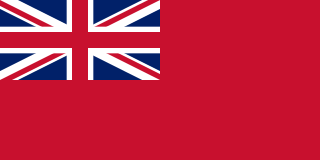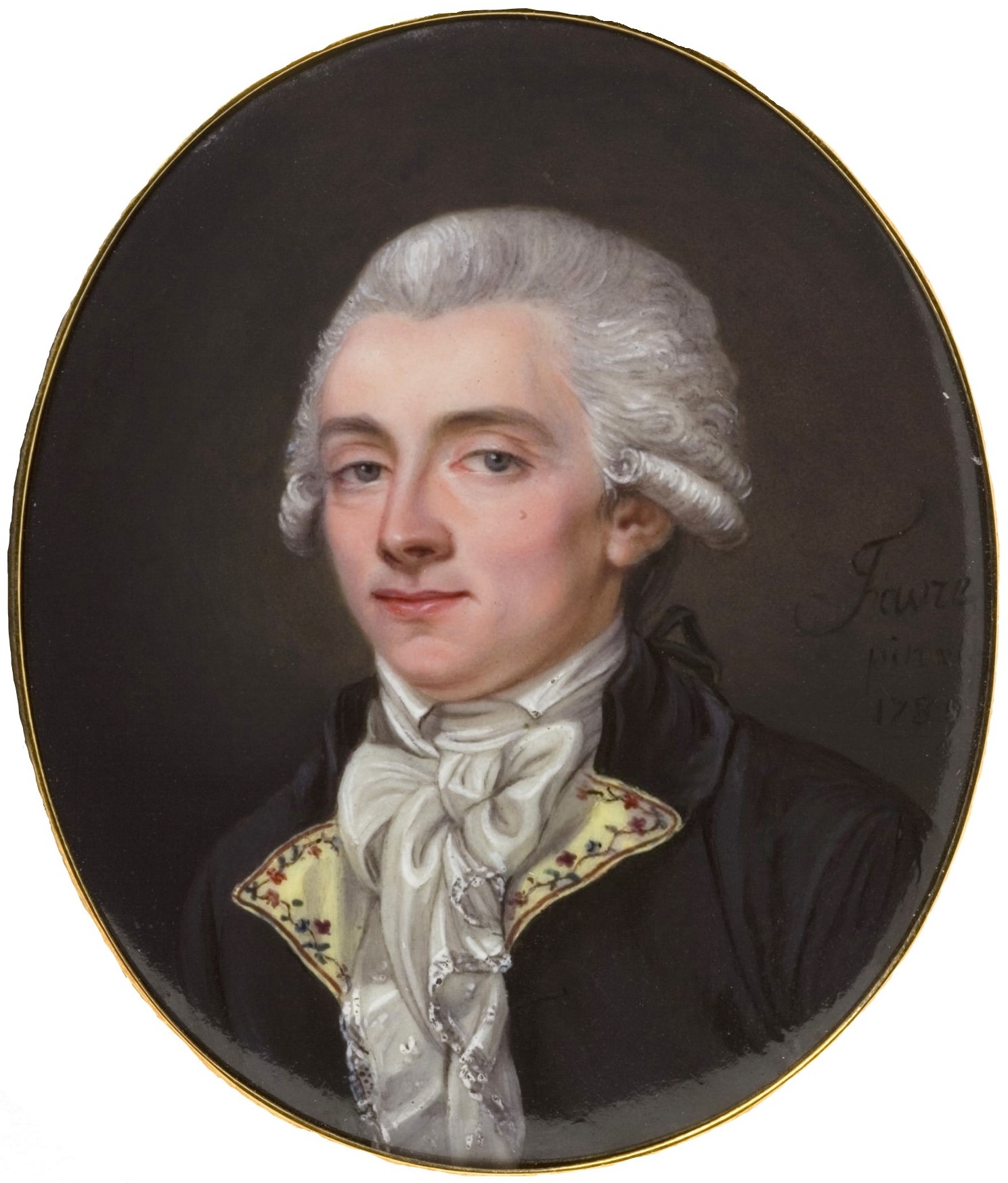John Alexander Wilkinson (September 14, 1789 – September 17, 1862) was a judge and political figure in Upper Canada.

The Province of Upper Canada was a part of British Canada established in 1791 by the Kingdom of Great Britain, to govern the central third of the lands in British North America, formerly part of the Province of Quebec since 1763. Upper Canada included all of modern-day Southern Ontario and all those areas of Northern Ontario in the Pays d'en Haut which had formed part of New France, essentially the watersheds of the Ottawa River or Lakes Huron and Superior, excluding any lands within the watershed of Hudson Bay. The "upper" prefix in the name reflects its geographic position along the Great Lakes, mostly above the headwaters of the Saint Lawrence River, contrasted with Lower Canada to the northeast.
He was born in Dublin, Ireland in 1789. He came to Canada as a member of the British Army in 1814 and later settled at Sandwich (Windsor). He was named judge in the Surrogate Court for the Western District in 1836. He represented Essex in the 9th, 10th and 12th parliaments.

Dublin is the capital and largest city of Ireland. It is on the east coast of Ireland, in the province of Leinster, at the mouth of the River Liffey, and is bordered on the south by the Wicklow Mountains. It has an urban area population of 1,173,179, while the population of the Dublin Region, as of 2016, was 1,347,359, and the population of the Greater Dublin area was 1,904,806.

Ireland is an island in the North Atlantic. It is separated from Great Britain to its east by the North Channel, the Irish Sea, and St George's Channel. Ireland is the second-largest island of the British Isles, the third-largest in Europe, and the twentieth-largest on Earth.

The British Army is the principal land warfare force of the United Kingdom, a part of British Armed Forces. As of 2018, the British Army comprises just over 81,500 trained regular (full-time) personnel and just over 27,000 trained reserve (part-time) personnel.







